
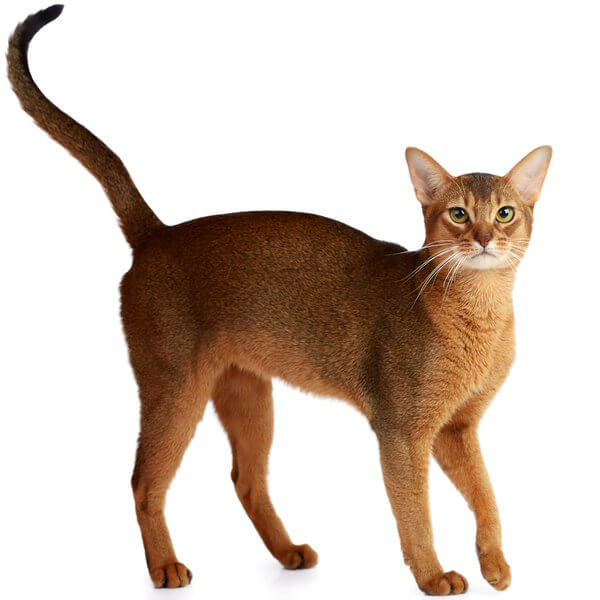
Ethiopia
Size : Medium
Coat : Short
Registration : GCCF, TICA, CFA, FIFe
Vocality : Low
Hypoallergenic : No
Grooming : Once a Week
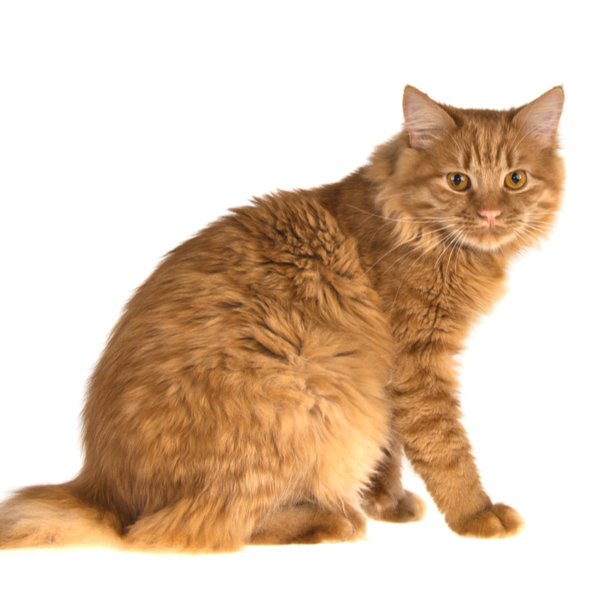
United States of America
Size : Medium
Coat : Long
Registration : TICA, CFA
Vocality : Low
Hypoallergenic : No
Grooming : Twice a Week
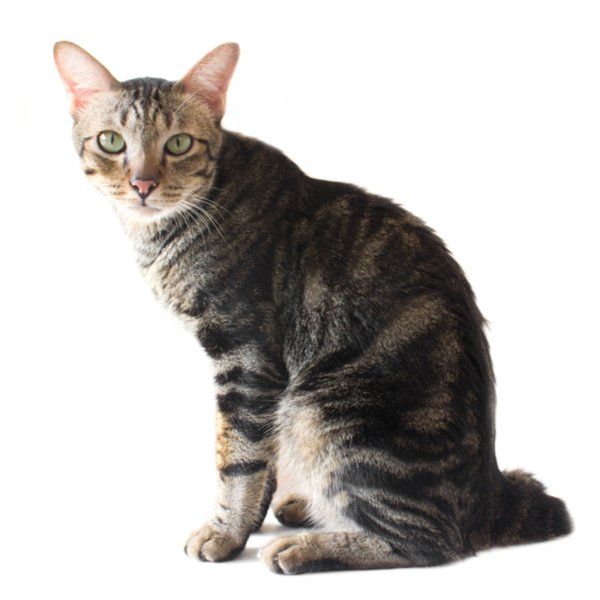
United States of America
Size : Medium
Coat : Short
Registration : TICA, CFA
Vocality : Low
Hypoallergenic : No
Grooming : Once a Week
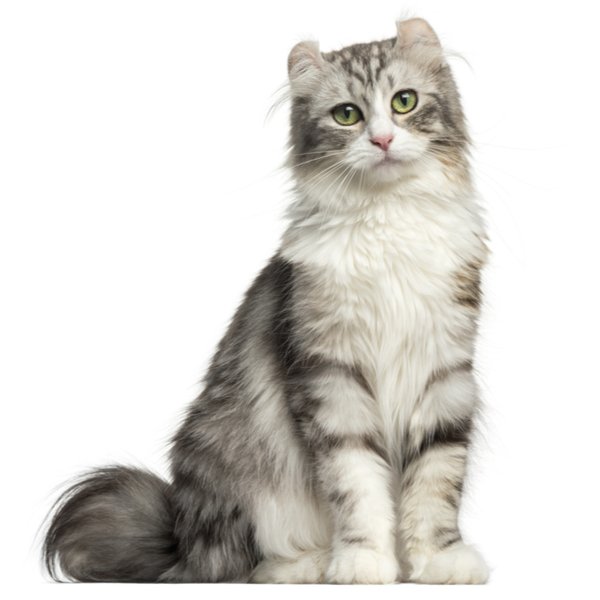
United States of America
Size : Medium
Coat : Long
Registration : TICA, CFA, FIFe
Vocality : Low
Hypoallergenic : No
Grooming : Twice a Week
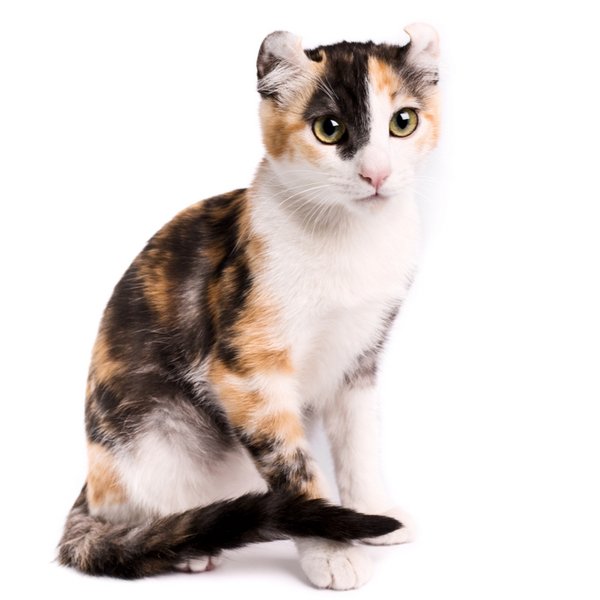
United States of America
Size : Medium
Coat : Short
Registration : TICA, CFA, FIFe
Vocality : Low
Hypoallergenic : No
Grooming : Once a Week
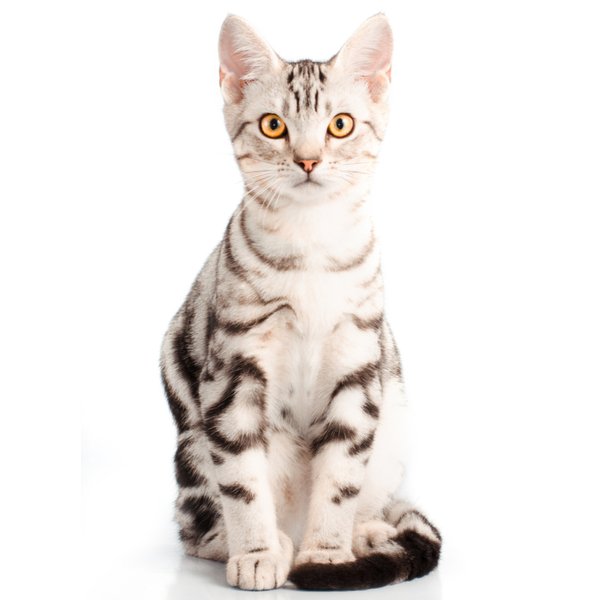
United States of America
Size : Medium
Coat : Short
Registration : TICA, CFA
Vocality : Low
Hypoallergenic : No
Grooming : Once a Week

United Kingdom
Size : Medium
Coat : Long
Registration : GCCF, TICA, CFA, FIFe
Vocality : Low
Hypoallergenic : No
Grooming : Once a Week

United Kingdom
Size : Medium
Coat : Short
Registration : GCCF, TICA, CFA, FIFe
Vocality : Low
Hypoallergenic : No
Grooming : Once a Week

Introducing a cat into your life is the start of a beautiful new chapter. But with so many different cat breeds, finding the perfect match can be overwhelming.
Selecting the right cat breed is a pivotal decision that can significantly impact your daily life and household dynamics. By carefully considering key factors such as personality, coat type, size, and lifestyle compatibility, you can find the perfect feline companion to enrich your life.
For example…
You might be surprised to hear that cats' dispositions vary greatly. Here are two key considerations around personality.
What are you looking for in a cat? An affectionate kitty that follows you around or one that is content doing its own thing?
Affectionate breeds like the Ragdoll and Siamese thrive on human interaction and enjoy cuddling. These kitties can be excellent choices for people who spend most of their time at home or live alone and seek companionship to combat feelings of loneliness.
On the other hand, independent breeds, like the Russian Blue and Norwegian Forest Cat, are more aloof and self-sufficient. They prefer solitude and minimal attention, which makes them ideal for busy people who spend most of the day outside the home.
Energy levels are just as important as you'll want a cat whose activity needs match your lifestyle.
Active breeds, like the Abyssinian and Bengal, require plenty of mental and physical stimulation to thrive. They enjoy regular interactive play sessions, so they need an owner who has ample time and energy for them. Typically, playful cat breeds thrive with families with kids as their energy levels match.
Conversely, lazy breeds like the British Shorthairs and Persians prefer lounging and relaxing. This makes them ideal companions for more laid-back households and people with lower mobility, such as retirees.
Did you know that some cat breeds are louder than others? Moreover, there is a wide range of feline vocalities beyond the standard meow!
Vocal cats, such as the Siamese and Oriental Shorthair, are known for their chattiness and expressive communication. While their constant meowing can be endearing to some, it may be overwhelming for those seeking a quieter companion.
Quiet breeds, like the Birman and Russian Blue, tend to be more reserved in their vocalisations, preferring to communicate through subtle gestures or occasional soft meows. These cats suit individuals who prefer a peaceful and tranquil home environment.
Many people have a preference when it comes to cat coats. Some adore the elegance and softness of a long-haired breed, while others prefer a short-haired cat for its low-maintenance qualities. And, of course, some people prefer their felines to have no hair at all!
Short-haired cat breeds, including the American Shorthair and Bengal, boast sleek coats that require minimal grooming and maintenance. Their shorter fur makes them less prone to matting and tangling, which is ideal for owners seeking a fuss-free grooming routine.
Long-haired cat breeds, such as the Maine Coon and Persian, flaunt luxurious coats that often feel as soft as cotton. While their flowing locks exude elegance, they require dedicated grooming sessions to keep their fur in top condition.
Hairless cat breeds like the Sphynx and Donskoy are ideal for owners seeking a low-shedding companion or a unique-looking feline. However, it's important to note that hairless breeds require special attention to skincare and protection from extreme temperatures.
When fully grown, cats can weigh as little as 2 kg or as much as 8kg. While many breeds are in between, small or large felines can have unique benefits.
Large cat breeds, such as the Maine Coon and Ragdoll, command attention with their impressive size and majestic presence. While they may require more space and resources, their gentle demeanour and affectionate nature make them beloved family companions.
Small cat breeds, like the Singapura and Devon Rex, offer compact companionship ideal for those with limited living space. Their diminutive size belies their vibrant personalities, making them delightful additions to any household.
Here are some final things you should consider before making your choice.
If you have (or plan to have) children, you'll want to choose a cat breed with an affectionate yet gentle temperament and adaptable nature.
For example, the Ragamuffin and Ragdoll are very docile and thus interact well with children and other pets. Meanwhile, the American Shorthair and Birman are very easygoing. They adapt well to changes in the home and don't get too stressed by loud noises.
If you live in a small home like a flat or apartment, you'll want to choose a cat who doesn't require much space. Likewise, if you have housemates, you'll wish for a relaxed and quiet feline.
Breeds like the British Shorthair and Russian Blue have moderate energy levels, adapting well to indoor environments and smaller living spaces. Meanwhile, the Birman and Chartreux are calm and quiet, ideal for shared accommodation.
Finally, if you or someone in the household has cat allergies, choosing a hypoallergenic breed is essential. While no cat is 100% hypoallergenic, breeds like the Siberian, Sphynx, and Balinese produce fewer allergens than their counterparts, making them suitable for individuals with allergies or respiratory sensitivities.
In conclusion, choosing the perfect cat breed requires careful consideration of various factors, including personality traits, coat type, size, and lifestyle compatibility. By assessing your preferences and lifestyle needs, you'll find a feline that enriches your life for many years to come.


The Pet’s digest
Whether you're a first time pet owner, a long-time breeder, or just curious about pets, we've got you covered!
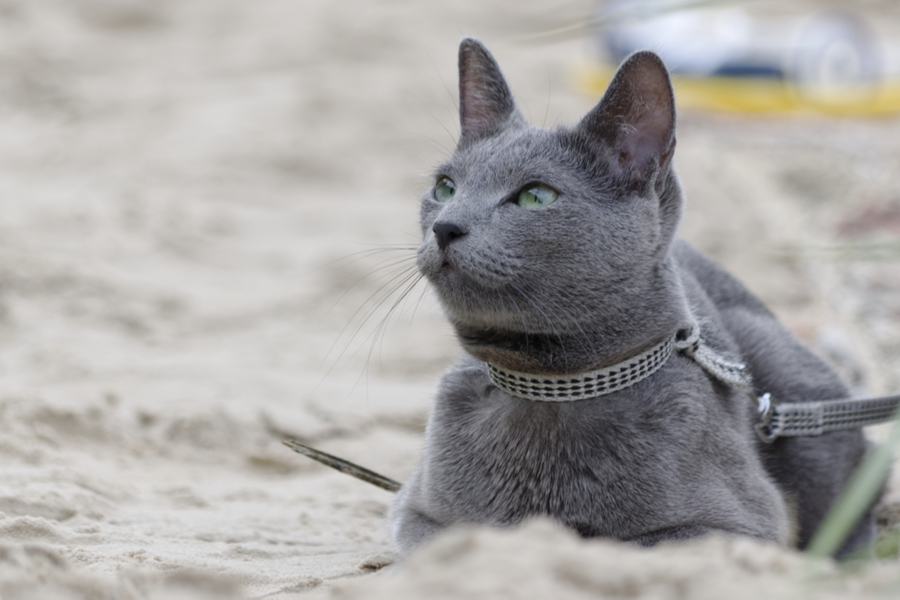
January 17, 2024
What Is The Personality Of Russian Blue Cats?
Russian Blue cats are most known for their distinctive shimmery blue-silver coat and piercing green eyes. However, this breed’s calm and gentle temperament is what makes them shine the most in the feline world.
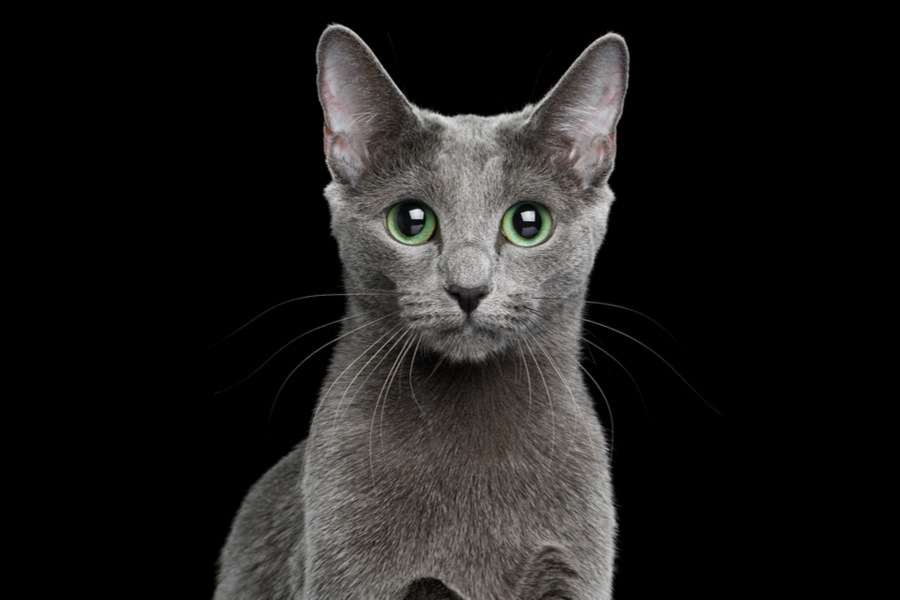
January 17, 2024
10 Facts About Russian Blue Cat Breed
Russian Blues are one of the most aesthetically stunning cat breeds, with a gorgeous plush silvery coat and vibrant green eyes. However, it’s not only their appearance that is beautiful; their nature is too.
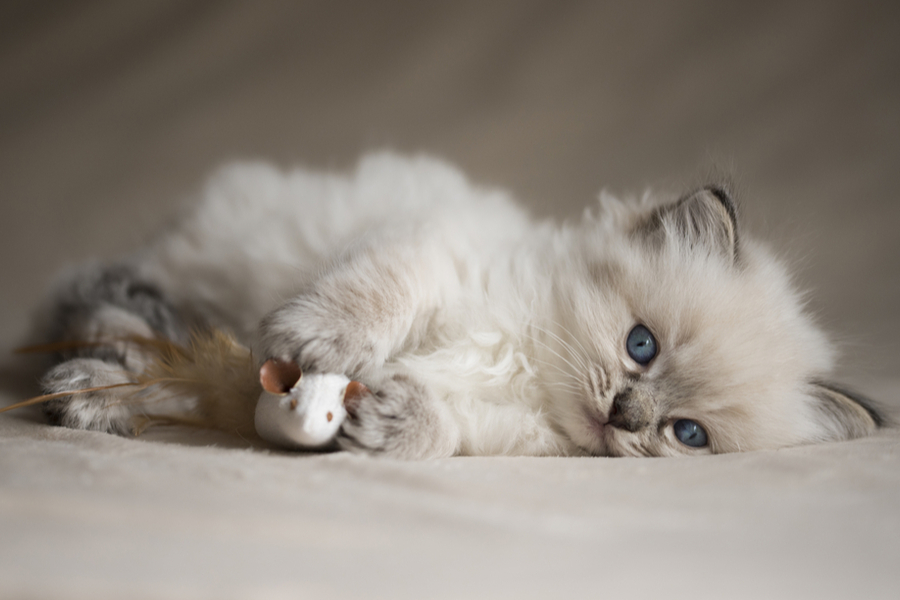
January 17, 2024
How To Choose The Right Cat Breed for You
Cats can make the most fantastic animal companions; they are adorable, friendly, and loving. However, not all felines are created equal. There are many different breeds, of which each has its unique personality traits.
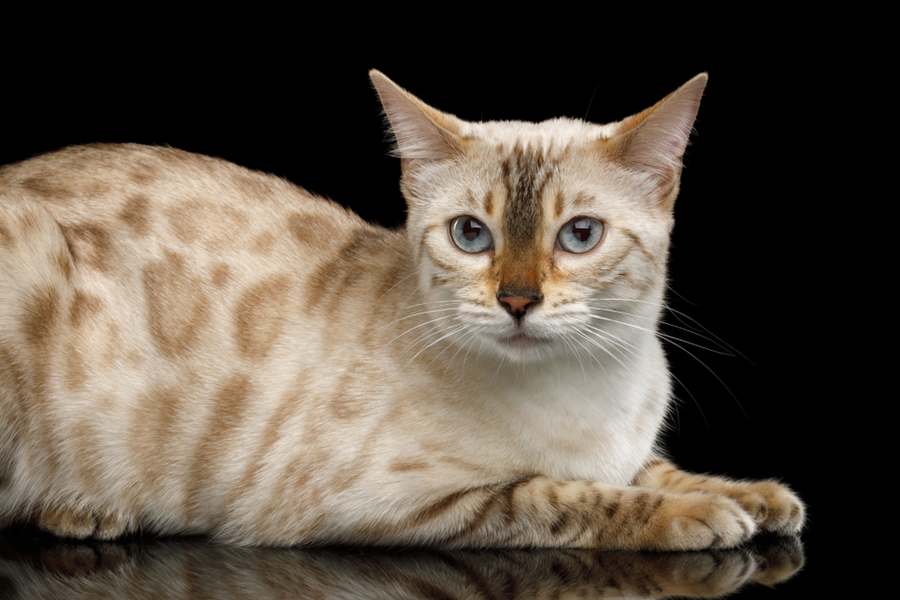
January 17, 2024
10 Things You Did not Know About Bengal Cats
The exotic-looking Bengal with its tiger-like spotted coat is one of the most exclusive cat breeds in the UK and beyond. Bengals stand out from all other domestic breeds, and this intelligent, energetic feline is undoubtedly not your average house cat.
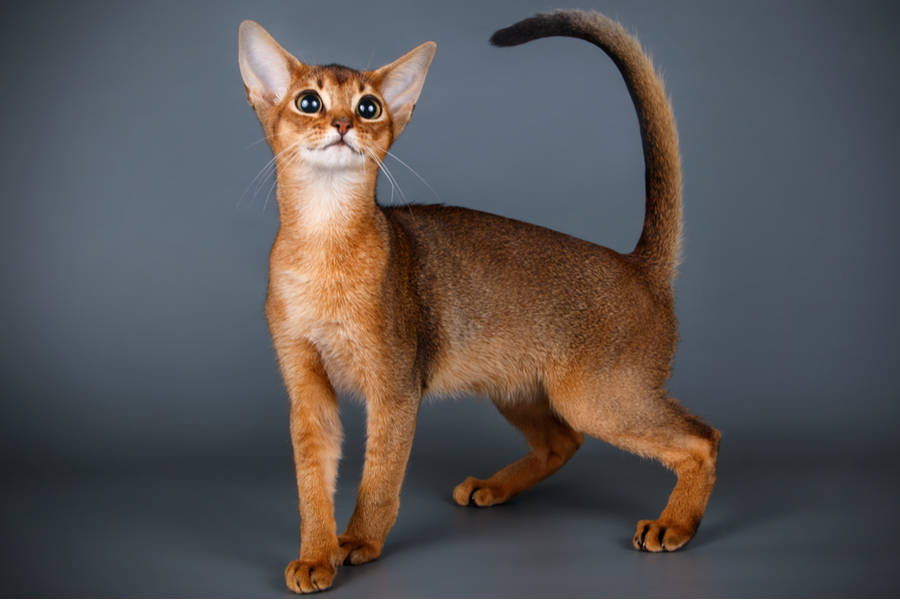
January 17, 2024
Are Abyssinian Cats Hypoallergenic?
There is a myth in the cat world that some breeds are hypoallergenic. However, the truth is no breed is 100% allergy-free. Even so, that doesn’t mean if you or a household member is allergic to cats, you cannot experience the joys of having a feline companion. Certain breeds are better suited to those with allergies as they produce fewer allergens. Therefore, these breeds may be less likely to trigger symptoms. Still, it depends on the severity of your allergy.
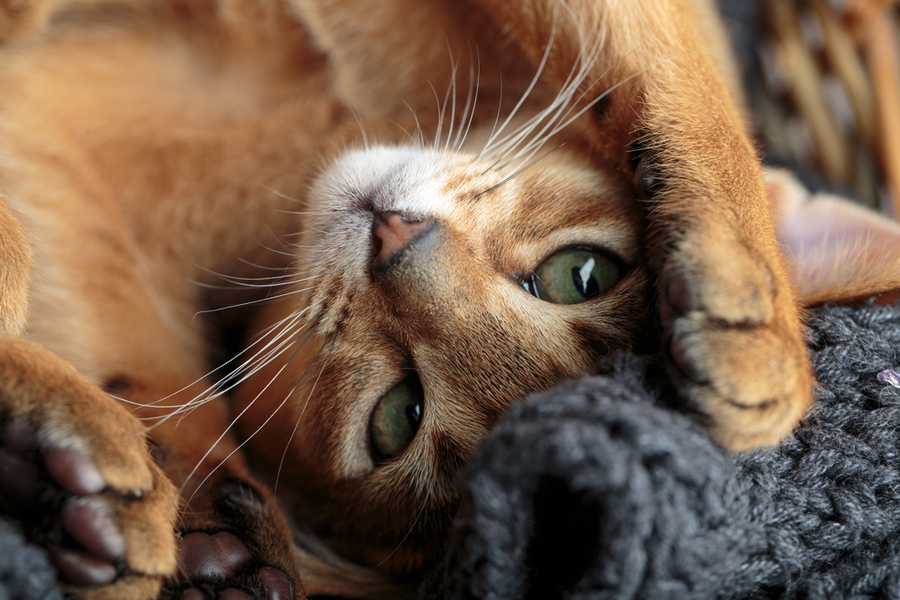
January 17, 2024
What Is The Personality Of An Abyssinian Cat?
The mysterious Abyssinian is a playful but gentle cat breed eager to show their love and loyalty to their human family. Abyssinians make incredibly devoted companions and will fill any home with laughter and enjoyment through their crazy antics.


We select every breeder carefully for quality and ethical practices
Our partner breeders prioritise the health and well-being of their cats and dogs above all else. They are passionate about their chosen breed and work diligently to ensure they only produce the very best offspring.
Their practices are transparent and regulated by canine and feline registries, giving their animals the best chance of a long and healthy life.
More about our standards
Join our network of reputable and ethical breeders
Are you a registered breeder? Do you believe it’s time to eliminate puppy and kitten farms for good? Then join our breeder's community and connect directly with potential pet parents.
We provide a secure platform, dedicated to supporting ethical breeders and finding forever homes for their beloved offspring.
Join our network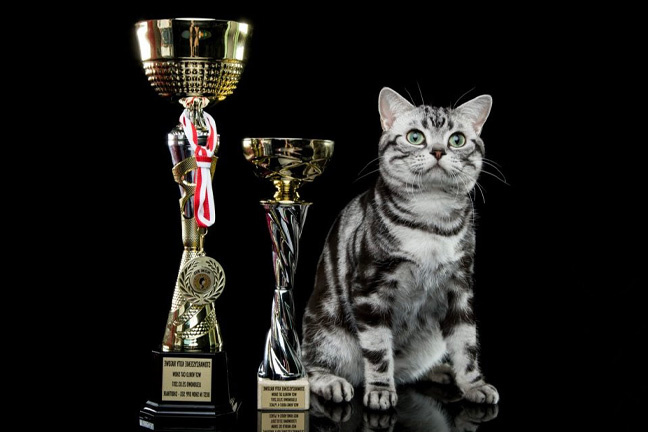

Meet our Featured Breeder
I have always had a passion for cats. Many years ago, after finding my first American Shorthair, I immediately fell in love with the breed and decided to share my passion with others. Cat Shows drew us in completely and winning titles, diplomas, and medals become very rewarding.
Since day one, we have been registered under the patronage of the World Cat Federation. We believe that raising healthy kittens starts with ethical breeding practices. We live with our cats and they are part of our family. We would love to keep all the kittens for ourselves, but we also take pride in the fact that we can share our passion for the breed by helping people find their dream feline companion.
More about this BreederNeed some help?
Contact us to speak to our friendly advisor, who will gladly help you find your dream pet!



We are registered in England and Wales under registration number 12568840,
and our registered office is at 58-60 Kensington Church Street, W8 4DB London, England.
© 2023 The Pedigree Paws